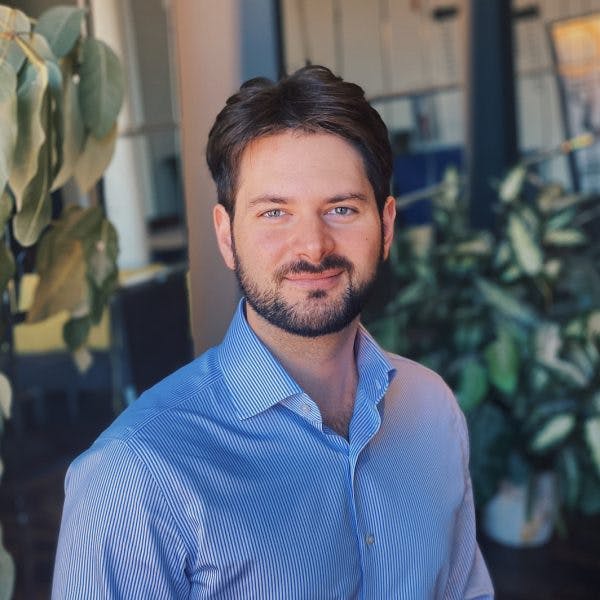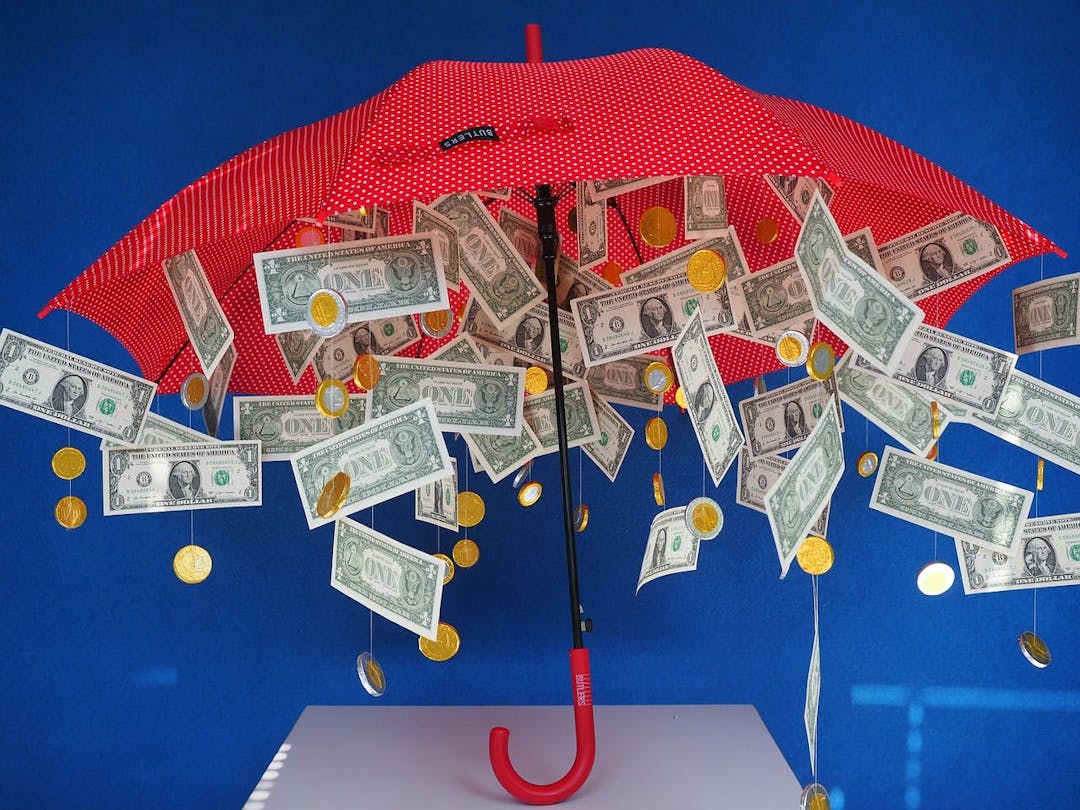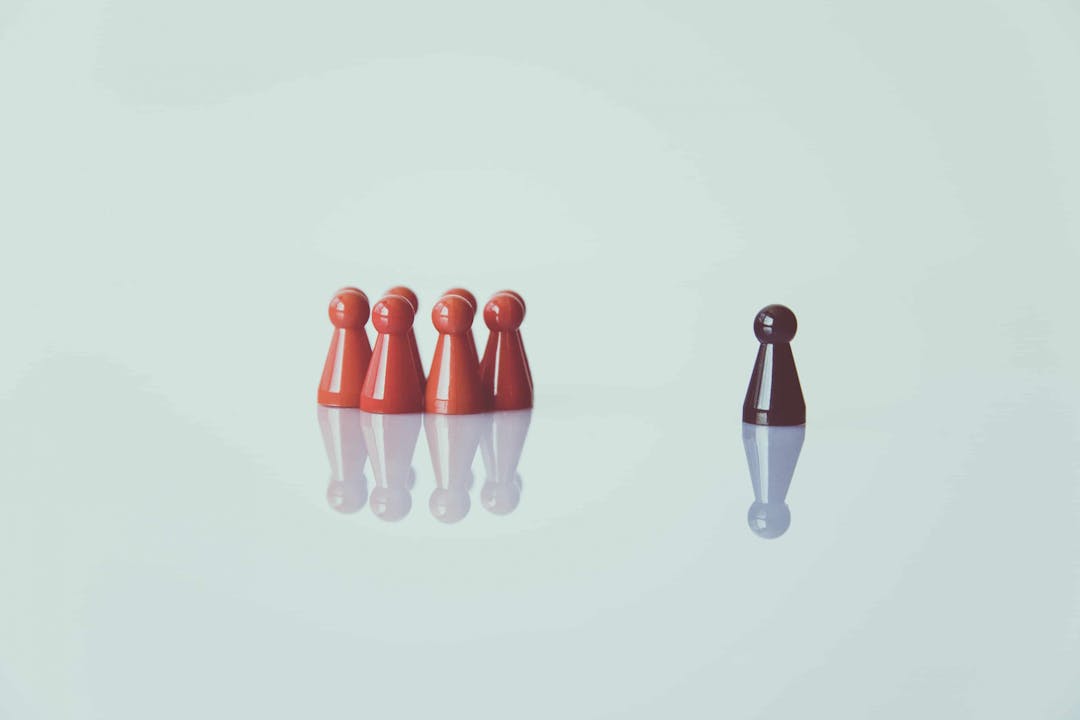TDL Study: Improving Financial Decision-Making
Decisions about money can be difficult – they are often abstract, require us to imagine our future selves and can be typically driven by emotions. Whether they are about what brand of cereal to buy, how much to save for retirement, or what our next car should be, we are constantly bombarded with hard money choices. It’s easy to get caught up in the details of these decisions and allow them to stress us out. Unfortunately, this stress makes us more irrational. The problem is, Americans are finding it more difficult than ever to focus on our long-term goals. This is why we embarked on a study to find ways to help improve financial decisions under stress.
The Decision Lab teamed up with Capital One to uncover simple ways to reduce the effects of stress on our financial decisions. In particular, we focused on how thinking about the big picture can affect financial decisions under stress. Typically, stress causes people to get stuck in details and ignore long-term impacts. So, we wanted to see whether a quick mental exercise could reverse this effect and make people better with money. To do this, we ran a study with 1,011 nationally-representative Americans.
We found that ‘bigger-picture’, abstract, thinking styles led to healthier financial behaviors. Abstract thinking means focusing on the broader situation rather than the details. In particular, thinking about why we might do something instead of how we might do it causes us to be more rational. Taking that perspective lets us feel more in control of our finances, budget better, save more—and ultimately achieve more of our financial dreams.
Behavioral Science, Democratized
We make 35,000 decisions each day, often in environments that aren’t conducive to making sound choices.
At TDL, we work with organizations in the public and private sectors—from new startups, to governments, to established players like the Gates Foundation—to debias decision-making and create better outcomes for everyone.
Quick Exercises to Develop a Smart Money Mindset
1. We can make better decisions by focusing on what’s most important to us.
Too often we get stuck on small details instead. Even when I’m not thirsty, sometimes I find myself checking out all the different flavours anyway—even though I don’t need anything! When we keep the big picture in mind, we make better decisions with our money. One trick to overcome this is to choose a moment in your buying process where you make it a habit to reflect on the big picture and your values. For example, as you’re lining up at the supermarket register, I look at my shopping cart and ask myself: does this reflect my values as a person, and does it get me where I want to go?
2. Learn, forgive yourself, move on
When we make a mistake, we often beat ourselves up over and over again every time we think about it, dragging the bad decision around sometimes for weeks or more. This increasingly discourages us, increases our stress, and ultimately makes it harder to make the right choices in the future. Instead of beating yourself up, be kind to yourself. Once you’ve realized what the mistake was, forgive yourself and move on. You’ll know better next time, and forgiving yourself and managing your stress levels will help you to make better decisions down the road.
The AI Governance Challenge
3. Choose the moment wisely
Stress makes it harder to make the right decision. It’s hard to lower our stress levels in the moment, but we can choose our moment wisely. When we’ve got a big decision in front of us, it’s helpful to stop and check our stress levels. “Do I feel calm or anxious right now? Is my mind clear or racing?” If we’re not in the right mindset to make the decision, it’s usually best to walk away from it for a little while, then come back to it when we’re ready. Over time, we might also notice patterns to our stress levels—maybe we’re usually less stressed in the morning after a night’s sleep, or maybe we’re usually less stressed in the evening when the day’s work is done. Choosing the right moment to make a big decision is a great way to keep stress from getting in the way of the right choice.
These tips can help us all make better choices with our money. When we’re stressed, it’s harder to make the right decisions, but by focusing on the big picture and choosing the right moment to make a big decision, we can take the bite out of stress. A few good decisions can help to get the ball rolling, which takes off the pressure and helps with stress. Small changes become better habits, and ultimately help us to get ahead.
The study can be consulted or downloaded via this link.
About the Authors
Dan Pilat
Dan is a Co-Founder and Managing Director at The Decision Lab. He is a bestselling author of Intention - a book he wrote with Wiley on the mindful application of behavioral science in organizations. Dan has a background in organizational decision making, with a BComm in Decision & Information Systems from McGill University. He has worked on enterprise-level behavioral architecture at TD Securities and BMO Capital Markets, where he advised management on the implementation of systems processing billions of dollars per week. Driven by an appetite for the latest in technology, Dan created a course on business intelligence and lectured at McGill University, and has applied behavioral science to topics such as augmented and virtual reality.
Dr. Sekoul Krastev
Sekoul is a Co-Founder and Managing Director at The Decision Lab. He is a bestselling author of Intention - a book he wrote with Wiley on the mindful application of behavioral science in organizations. A decision scientist with a PhD in Decision Neuroscience from McGill University, Sekoul's work has been featured in peer-reviewed journals and has been presented at conferences around the world. Sekoul previously advised management on innovation and engagement strategy at The Boston Consulting Group as well as on online media strategy at Google. He has a deep interest in the applications of behavioral science to new technology and has published on these topics in places such as the Huffington Post and Strategy & Business.






